Rio Olympics 2016: Djokovic says cancellation unthinkable
- Published
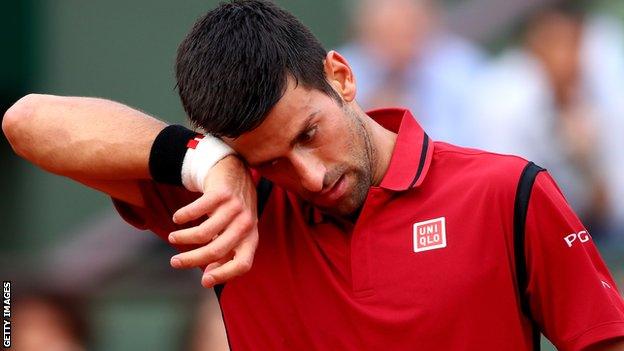
Novak Djokovic became a father for the first time in 2014
Cancelling this summer's Olympic Games in Rio because of concerns over the Zika virus, external would be "unthinkable", says Novak Djokovic.
The world number one hopes to compete for Serbia in Brazil.
Djokovic, 29, said: "For the moment I'm planning to play. Nothing is changing. But let's see what happens."
The World Health Organisation (WHO) has played down fears over the spread of the virus, which is linked to severe birth defects.
Senior WHO official Bruce Aylward told the BBC risk assessment plans were in place, and reiterated there was no need to delay the Games, which are scheduled to take place in Rio de Janeiro from 5-21 August.

Serena Williams is a four-time Olympic champion
More than 100 leading scientists had earlier written to the WHO suggesting new findings about Zika - which is transmitted via mosquitoes - had made it "unethical" for the Games to go ahead, external as planned.
Djokovic, speaking at the French Open in Paris after he had beaten Britain's Aljaz Bedene on Saturday, said that he would like more information about the impact of the virus in Brazil.
The three-time Wimbledon champion, who won a bronze medal at the 2008 Beijing Olympics, added: "Somebody has passed me the information that a significant amount of scientists have come up with a statement that it's not safe.
"Honestly, I don't know what to think any more. I need to get informed more so I can speak more in detail about it.
"Many athletes and people have already planned in advance and so many people have already planned their trips and accommodation in Rio.
"Of course, we have to have common sense that health is the most important thing for anybody that is there.
"But we should not only think about people coming to Rio. How about those people living there? I think we have to look from different perspectives in order to make a right conclusion."
Women's world number one Serena Williams, 34, told BBC Sport: "It's something that's been on my mind. I'm really just going to have to go super-protected maybe, and I don't know."
What is the Zika threat?
The WHO's advice is that pregnant women should not travel to areas with Zika virus transmission, including Rio de Janeiro.
It also advises to make all efforts to protect against mosquito bites and to practise safe sex.
Zika infection in pregnant women is thought to be a cause of the birth defect microcephaly and other serious brain abnormalities in babies.
Brazil's authorities have confirmed more than 1,400 cases of microcephaly, a condition which affects the development of the brain and reduces the size of the head.
The possible Zika impact
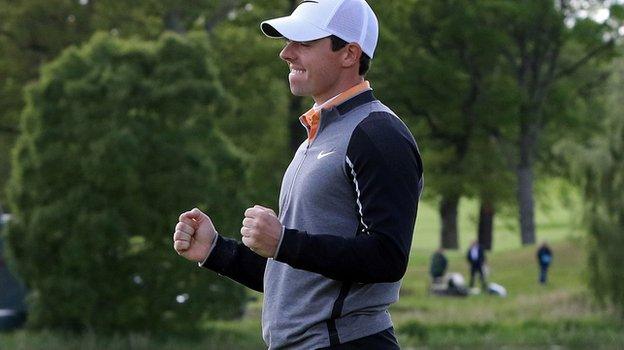
Rory McIlroy has chosen to represent Ireland at the Rio Olympics
A number of potential competitors, across a range of sports, have voiced their concern about the Zika situation in Rio and their possible participation in the Games.
Golfers Rory McIlroy, Danny Willett and Shane Lowry are among them, with Fiji's Vijay Singh and Australians Adam Scott and Marc Leishman already having pulled out.
McIlroy said there is going to be "a point in the next couple of years" where he and fiancee Erica Stoll may think about starting a family.
"Right now, I'm ready to go but I don't want anything to affect that," he said.
Lowry, a possible team-mate of McIlroy, said: "Obviously I really want to go but there is a decision to be made."
Olympic bronze medallist gymnast Kristian Thomas told BBC Sport: "We were over there in February for a training camp and we followed all the advice from the doctors, the BOA (British Olympic Association) and British Gymnastics and we were all fine.
"I think we've just got to make sure we're on top of this and following the guidelines, make sure we're protecting ourselves and each other and, as long as we do that, I'm sure we'll be absolutely fine."
- Attribution
- Published28 May 2016
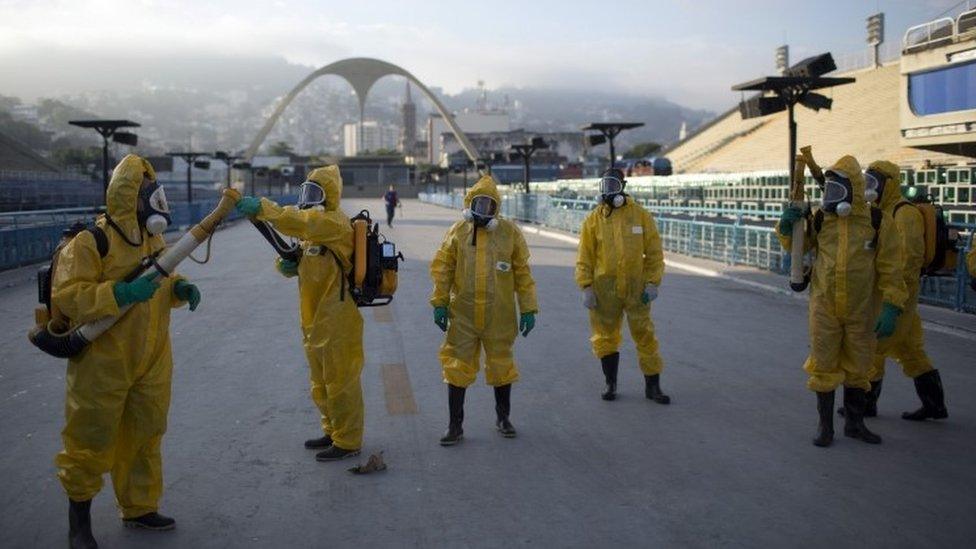
- Published23 May 2016
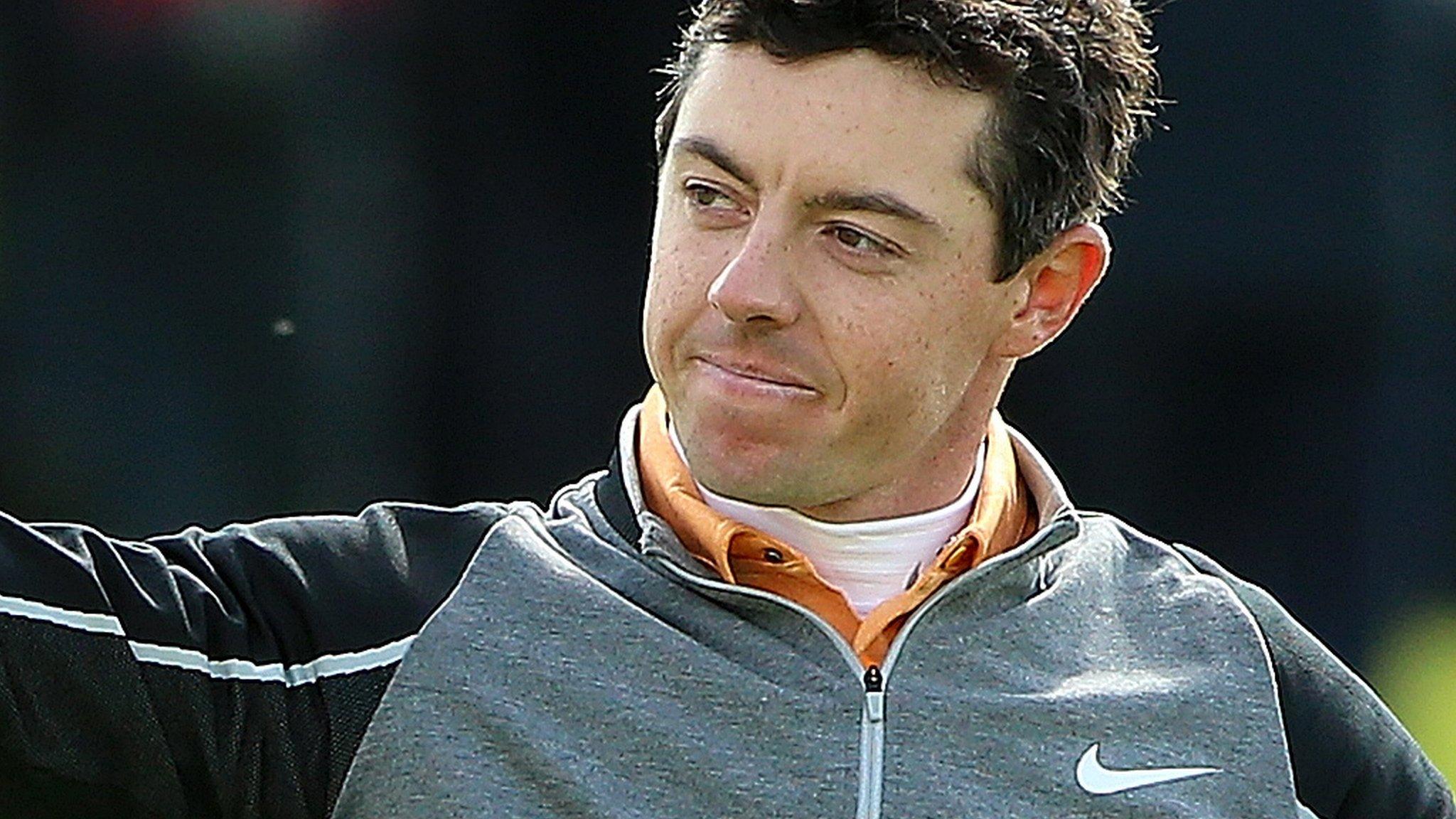
- Published28 May 2016
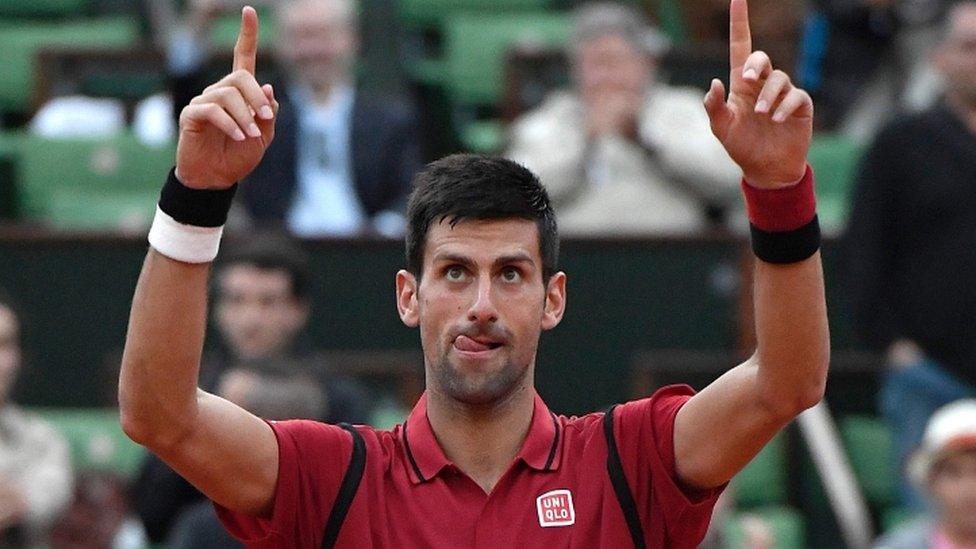
- Published28 May 2016
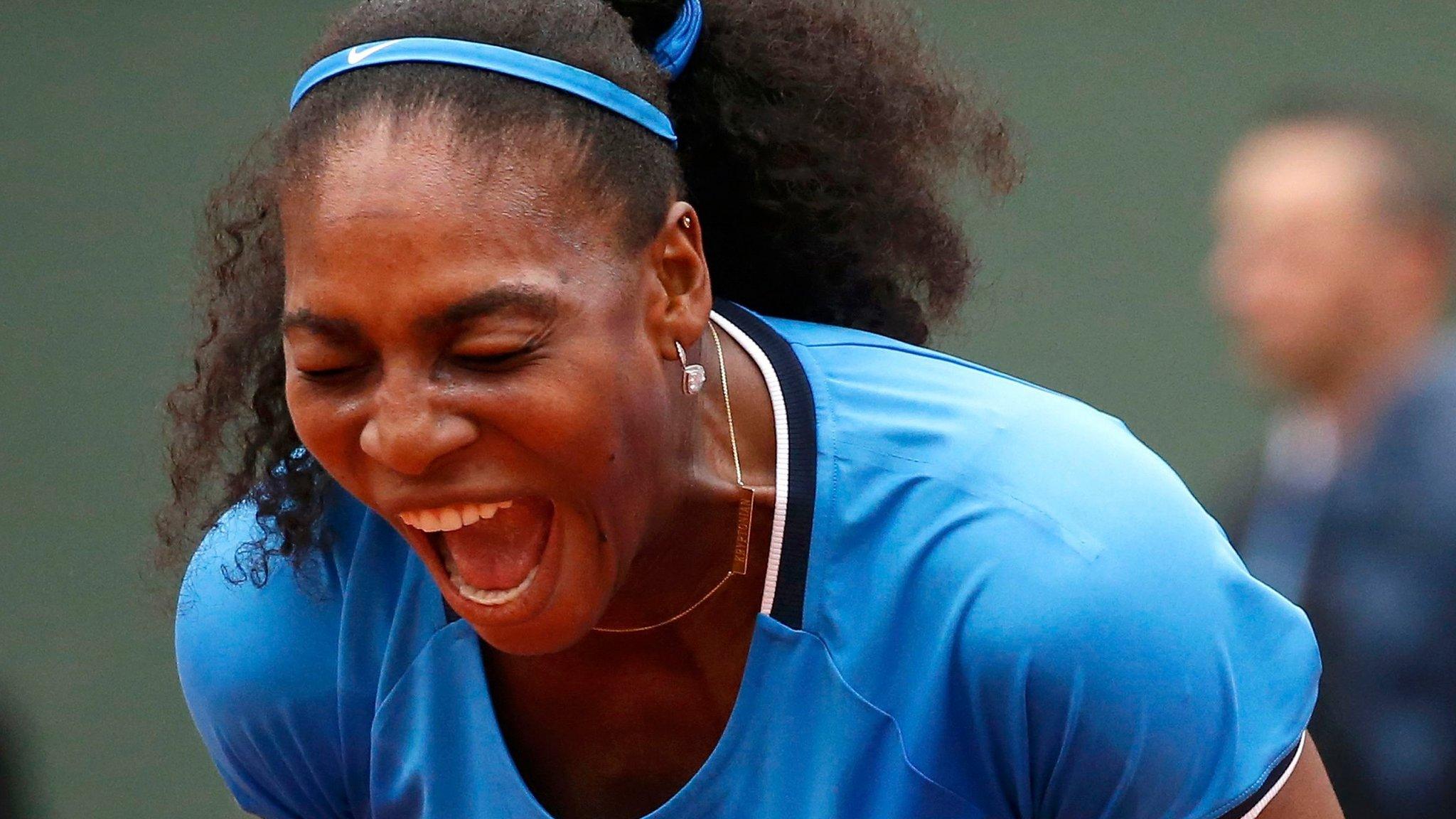
- Published17 June 2019
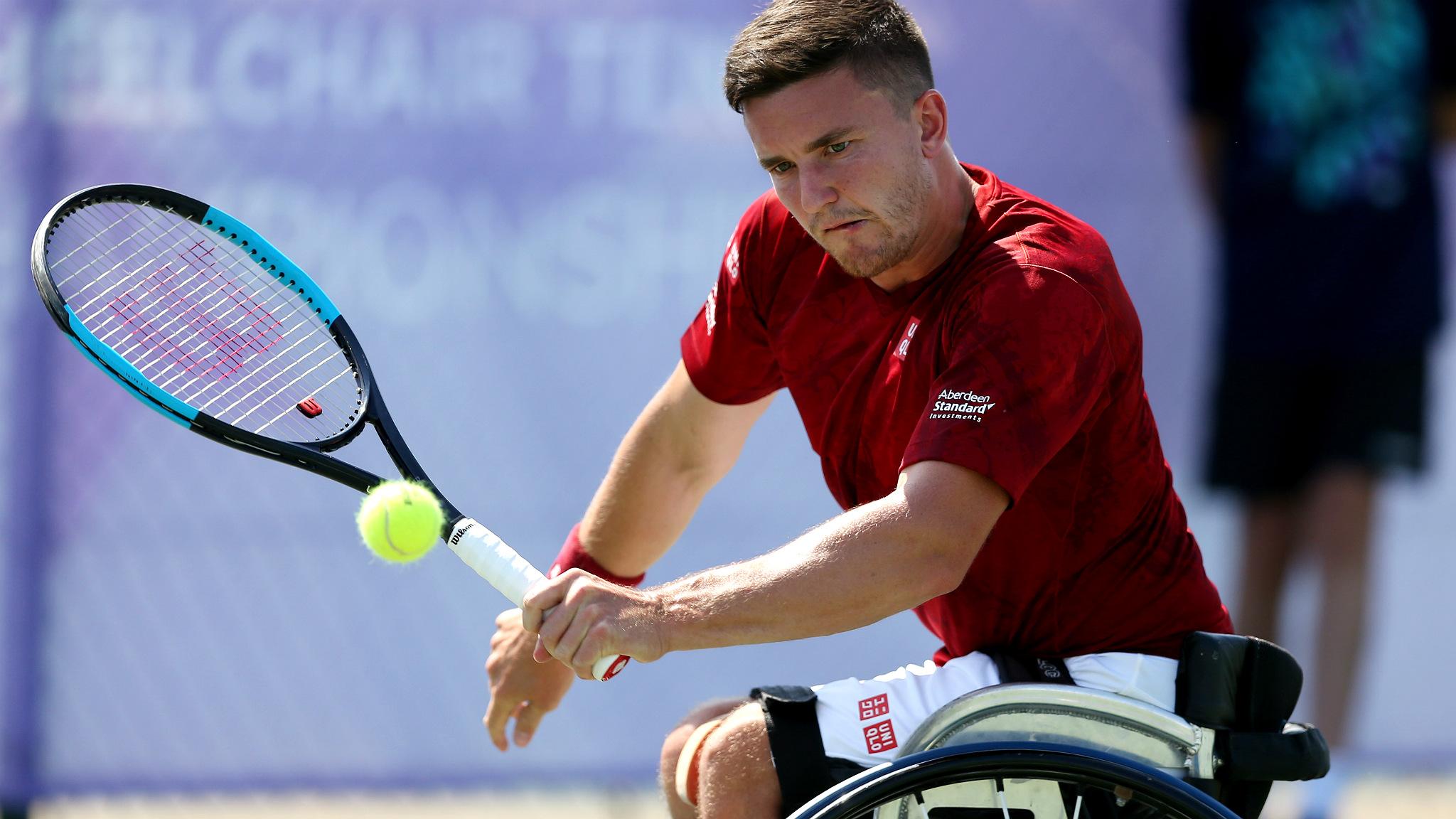
- Published13 May 2016

- Published19 July 2016
